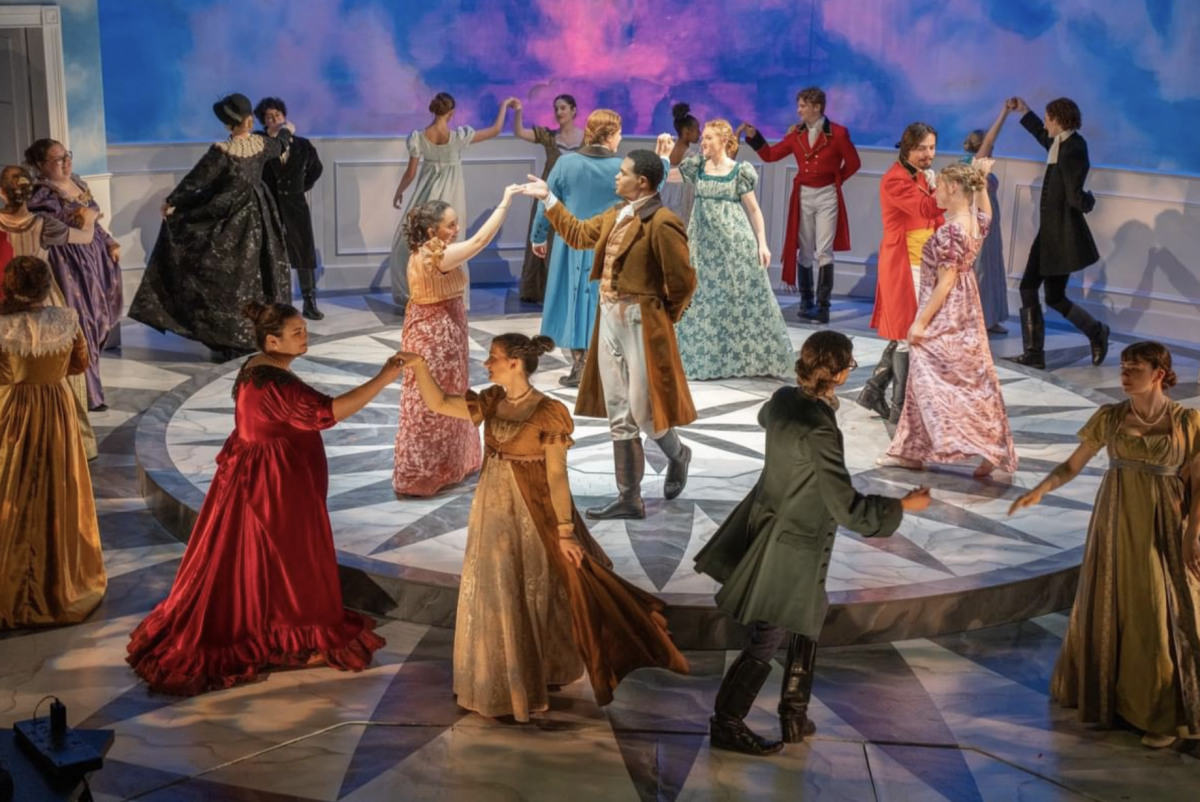"Just Like Heaven" is a good little movie that could have been great. It is held back only by its own lack of ambition. There are moments of greatness that lurk beneath the surface, but all too often, these interesting ideas go unexplored and the movie goes on autopilot. This is a shame, considering that the movie proposes some truly intriguing and thoughtful ideas about the nature of love.
The film, written by Peter Tolan ("The Larry Sanders Show") and Leslie Dixon, is based on a book by French novelist Marc Levy and tells the story of a lonely widower (Mark Ruffalo), who moves into a new apartment and falls in love with the spirit of the previous tenant (Reese Witherspoon), an emergency-room doctor who is in a coma after an auto accident. Together, they try to prevent her impending death. From this premise, director Mark Waters ("Mean Girls") fashions an enjoyable bit of romantic fluff that takes full advantage of Ruffalo and Witherspoon's considerable charms.
As a vehicle to showcase these two wonderful young actors, "Just Like Heaven" is a success. Witherspoon and Ruffalo have never been better and they inhabit their roles with a unique, unforced kind of charm and grace that is a joy to behold. In fact, they are so good that it is a little disappointing to see them in a movie that doesn't take advantage of all they bring to the table.
The blame, one could assert, is on Waters. It seems as if he fundamentally misunderstands the material he is dealing with. He wants to make a light and breezy romantic comedy, even though he is dealing with material that is, ultimately, ill-suited for such an endeavor. Thus, the movie frequently ends up pulling itself in opposite directions. At times, we experience Waters' breezy romantic version of the film, complete with the usual colorful supporting characters and physical humor viewers have come to expect from romantic comedies. On other occasions, however, the audience sees a more thoughtful and intriguing film emerge, one which is, at times, a profound meditation on the nature of love and loss.
Make no mistake about it: "Just Like Heaven" is, at its core, a painfully sad movie about two lonely people coming together. The premise — being in love with somebody that you can never have — has been the driving theme behind the world's most emotionally devastating works of art. Tolan and Dixon have written an unusually thoughtful script that poses intriguing, thoughtful questions about love, life and loss. These are big ideas that most Hollywood movies are afraid to even address. "Just Like Heaven" deserves credit for even raising them. It makes it all the more frustrating when Mark Waters doesn't fully develop these ideas, choosing instead to fall back on well-worn romantic comedy clichés. It is done well, one could suppose, but it is disappointing to see it done at all, considering all the potential the premise has and the special chemistry shared by the film's two stars.
Audiences can't help but wonder whether or not another director could have helped the project recognize its potential. Waters is not a bad director by any means, but at this point in his career, he doesn't yet have the ability to deal with the weightier issues the script puts forth. Waters is a hired gun: what this project needs is a humanist to guide it home. Alan Parker, Walter Salles, Lasse Halstrom or even (gulp) Terry Gilliam all would have been good choices. They all could have lent the movie a kind of gravitas that Waters cannot accomplish. Without a steady hand guiding it, "Just Like Heaven" never fully realizes its enormous potential.
Grade: BC







